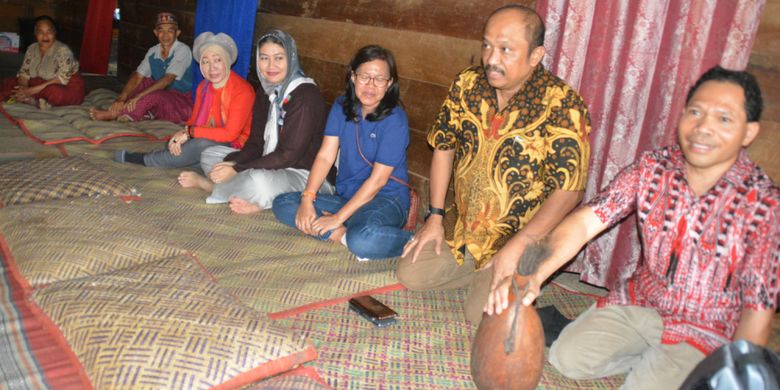BINUS’ Efforts to Introduce Kopi Lembor from East Nusa Tenggara to the World


Manggarai, East Nusa Tenggara (NTT) is known for its natural attractions, a favorite among local and foreign tourists. However, what most people don’t know is that Manggarai has its own charm for coffee lovers. The coffee that comes from Manggarai has the same quality and distinctive taste compared to other regional coffees from Indonesia. However, Manggarai coffee is not as famous as coffee from other regions such as coffee from Toraja, Aceh, or Gayo. One of the reasons is that currently there aren’t many efforts done to empower coffee farmers in Manggarai.
To support the empowerment of coffee farmers in Manggarai, NTT, BINUS BUSINESS SCHOOL initiated the Lembor Coffee project. This project started as an appreciation of the taste of coffee grown in the Manggarai area of NTT. Due to its unique taste, Manggarai coffee holds a special place in the hearts of local and foreign coffee lovers. Unfortunately, Lembor coffee is only known among the locals, since the process involving coffee cultivation, planting, distribution channels and supply chain aren’t well-maintained.
The initial step taken by BINUS was to conduct a survey and collect data to understand what are the challenges faced by farmers in the Manggarai Region. The survey showed that the farmers rely on manual coffee processing. In addition, the coffee cultivation isn’t the main focus of the farmers, most of them do it as a part-time job. in fact, farmers in the region aren’t dedicated to growing one type of crop on their land. On top of that, the problem of funding, marketing, packing, and distribution is still considered a challenge for the farmers.

Through Lembor Coffee Project, BINUS seeks to introduce Manggarai coffee to so that it is widely recognized by many, both locally and internationally. In addition, BINUS also empowers local Manggarai coffee farmers. It is hoped that through this project, coffee farmers in NTT, especially in Manggarai and the surrounding areas, can become more independent through the plantation sector, and not solely rely on the tourism sector.

